Unique Aspects of Panchakarma at Nehru Ayurveda Hospital
Panchakarma
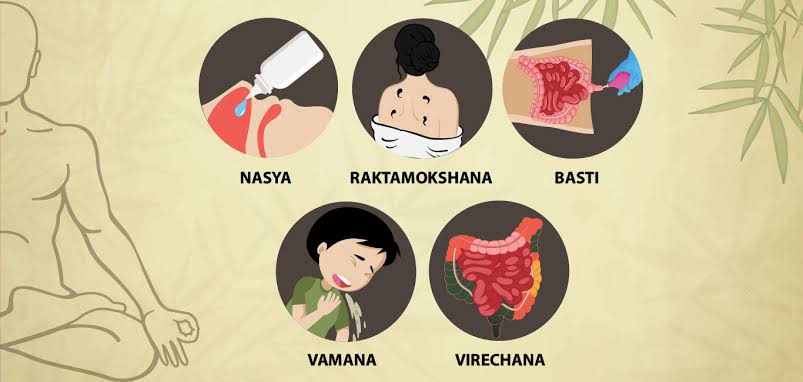
Adherence to Classical Ayurvedic Texts
We strictly follow the guidelines and principles outlined in classical Ayurvedic texts like the Charaka Samhita, Sushruta Samhita, and Ashtanga Hridaya. Every procedure, from Poorva Karma to Pashchat Karma, is executed in accordance with these texts, ensuring the purity and effectiveness of the treatments.
Personalized Treatment Plans
Understanding that every individual has a unique constitution (Prakriti) and specific imbalances (Vikriti), we create highly personalized treatment plans. This personalized approach ensures that the Panchakarma procedures address the root cause of health issues, leading to more effective and lasting results.
Use of Traditional and Organic Materials
We use only the highest quality, traditionally prepared, and organically sourced oils, herbs, and other materials in our Panchakarma treatments. These are meticulously prepared in-house or sourced from trusted suppliers to maintain their potency and efficacy.
Highly Skilled Practitioners
Our team consists of experienced Ayurvedic doctors and therapists who are well-versed in traditional techniques. They undergo rigorous training to ensure that each Panchakarma procedure is performed with precision and care, maintaining the sanctity of the ancient practices.
Therapeutic Environment
We have designed our treatment rooms and facilities to create a serene and therapeutic environment that aligns with Ayurvedic principles. The atmosphere at Nehru Ayurveda Hospital is calm and nurturing, facilitating deep relaxation and healing.
Comprehensive Pre- and Post-Treatment Care
We place a strong emphasis on the Poorva Karma (preparatory) and Pashchat Karma (post-treatment) phases. From individualized dietary recommendations to lifestyle modifications, we ensure that the body is fully prepared before the main Panchakarma procedures and properly supported afterward for complete rejuvenation and recovery.
Components of Panchakarma
Poorva Karma (Preparatory Procedures)
Before the actual detoxification, the body needs to be prepared to release the toxins. Poorva Karma includes the following procedures:
Snehana (Oleation): This involves the application and intake of medicated oils or ghee. Oleation helps to loosen and mobilize toxins from the tissues so they can be eliminated from the body. There are two types of Snehana:
Internal Snehana: Consuming medicated ghee or oils.
External Snehana: Abhyanga (therapeutic massage) with medicated oils.
Swedana (Sudation or Sweating): After oleation, Swedana is performed to induce sweating, which helps to further liquefy the toxins and move them toward the digestive tract. This can be done through steam baths, poultices, or other heating therapies.
These preparatory steps are crucial as they ensure that the body is ready for the intense cleansing that follows in Pradhana Karma.
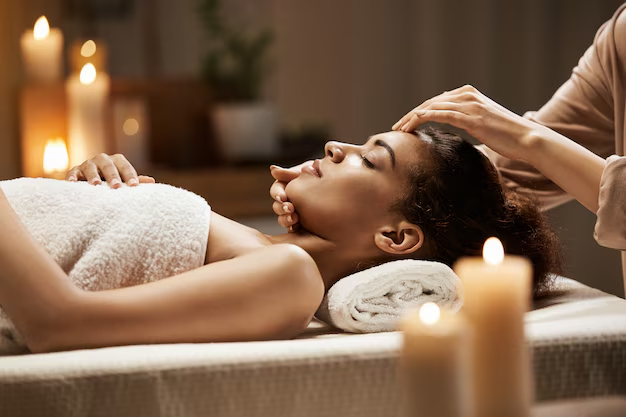

Pradhana Karma (Main Procedures)
Pradhana Karma comprises the five core detoxification procedures, each designed to target specific systems in the body:
1. Vamana (Therapeutic Emesis): This process involves inducing vomiting to eliminate Kapha-related toxins from the stomach and upper respiratory tract. It's beneficial for conditions like asthma, chronic allergies, and skin disorders.
2. Virechana (Purgation): Virechana involves the use of herbal laxatives to cleanse the intestines, primarily removing Pitta-related toxins. It's effective in treating liver disorders, skin diseases, and digestive issues.
3. Basti (Medicated Enema): Basti is considered the most important treatment in Panchakarma, addressing Vata-related disorders. It involves administering medicated oil or decoction enemas to cleanse the colon and regulate Vata.
4. Nasya (Nasal Administration): Nasya involves administering medicated oils or powders through the nasal passages, cleansing the head region and treating issues like sinusitis, migraines, and mental disorders.
5. Raktamokshana (Bloodletting): This procedure is used to eliminate toxins from the bloodstream. Although not as commonly practiced today, it is used in specific cases such as skin conditions, hypertension, and varicose veins.
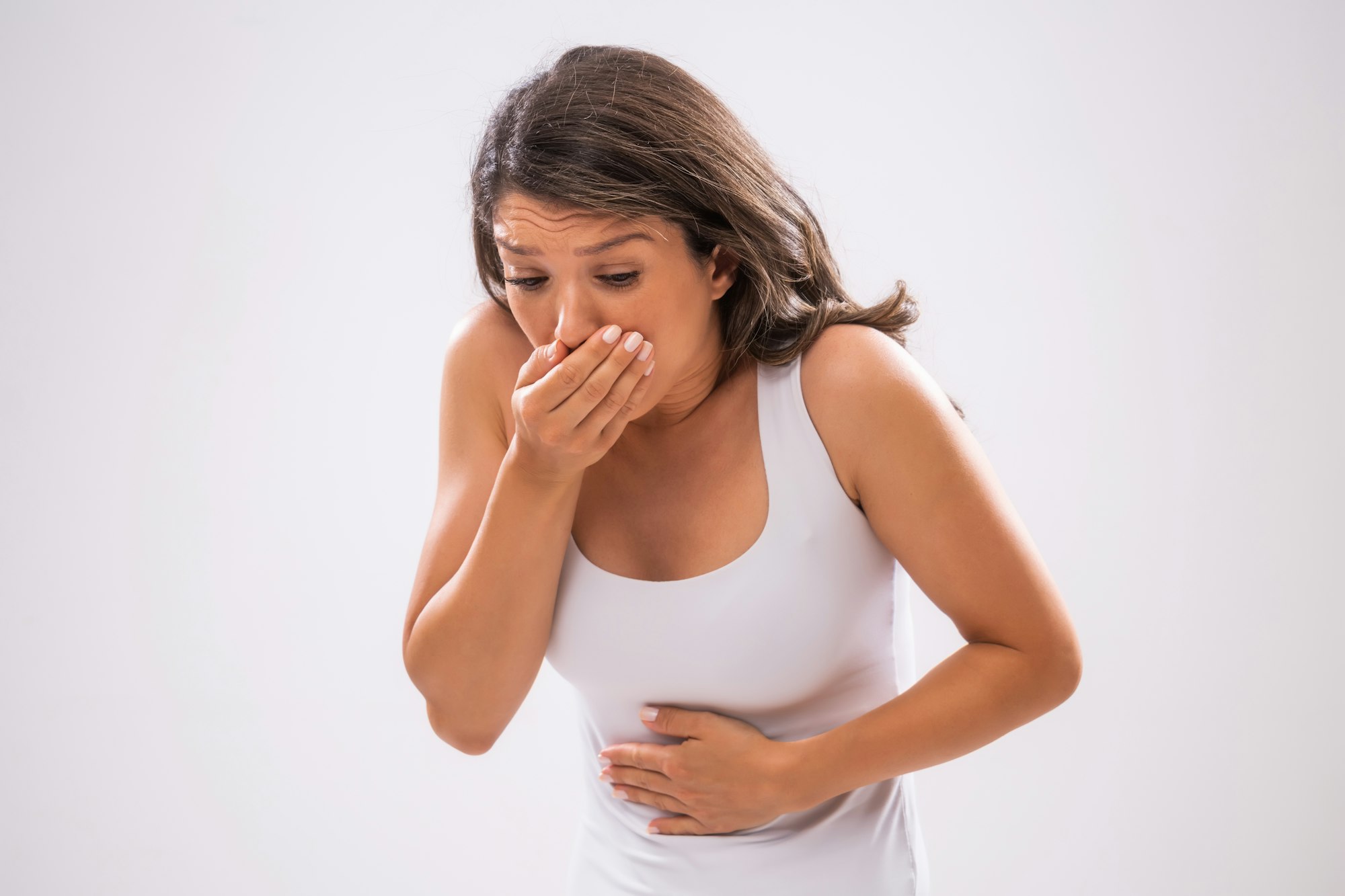
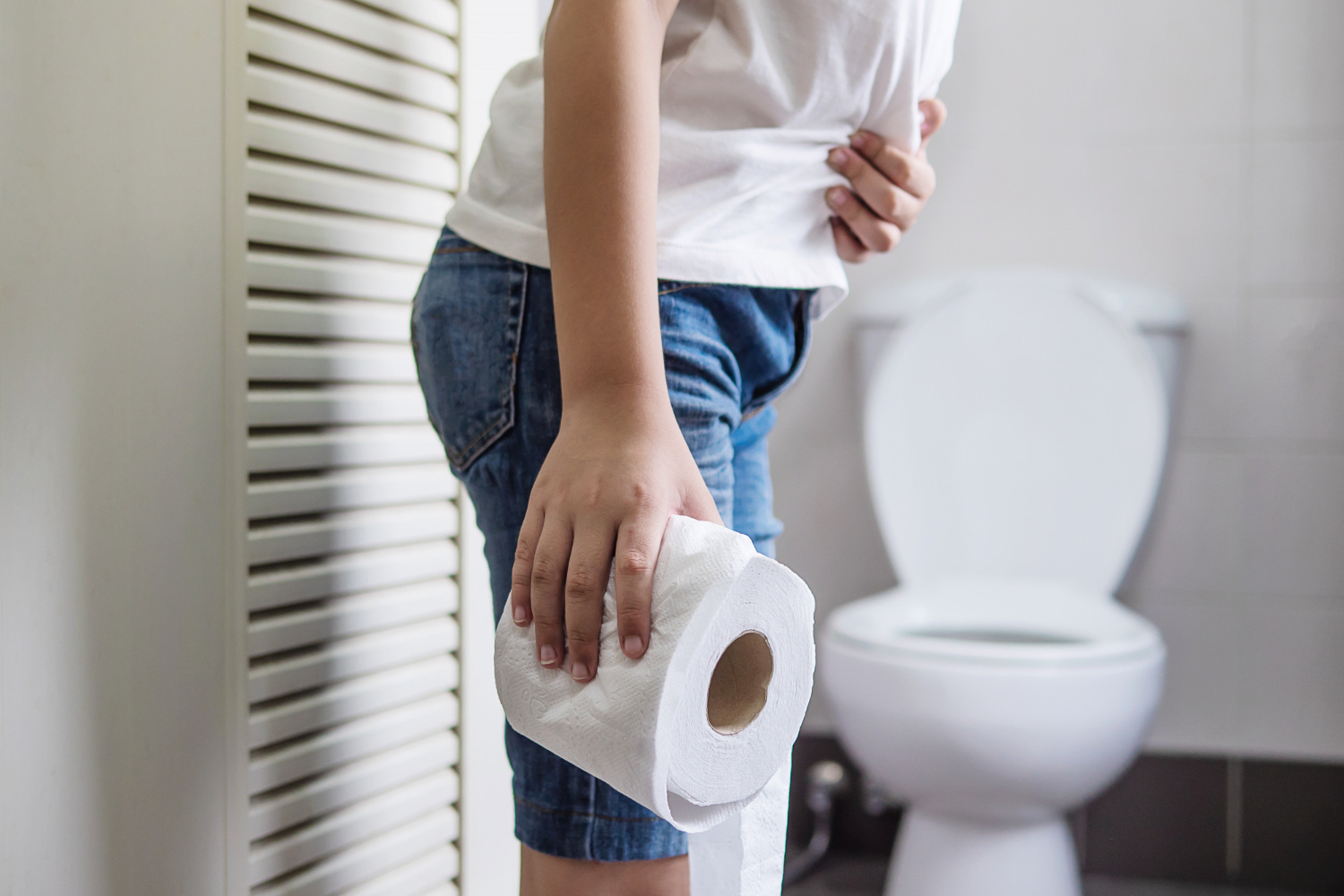
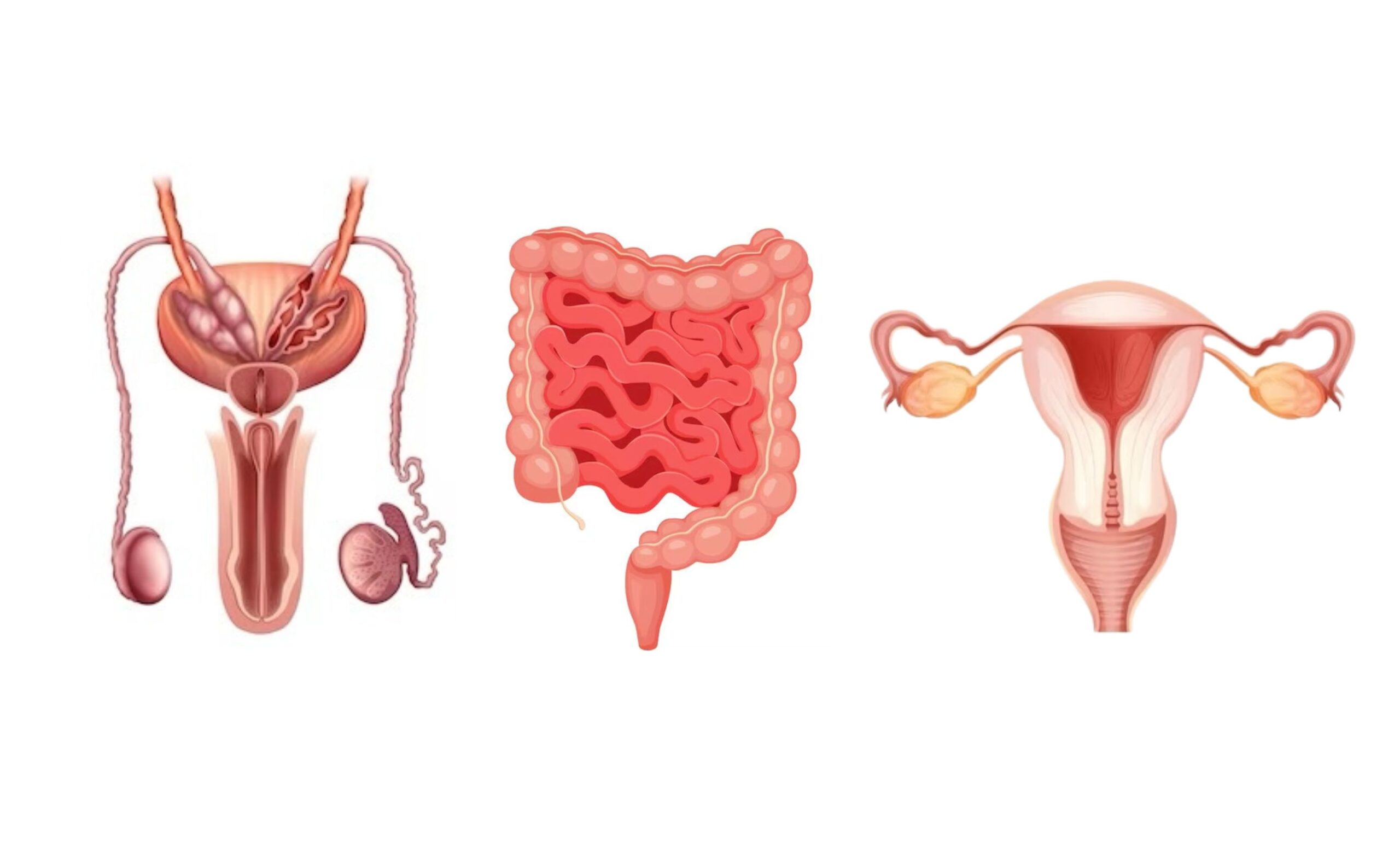
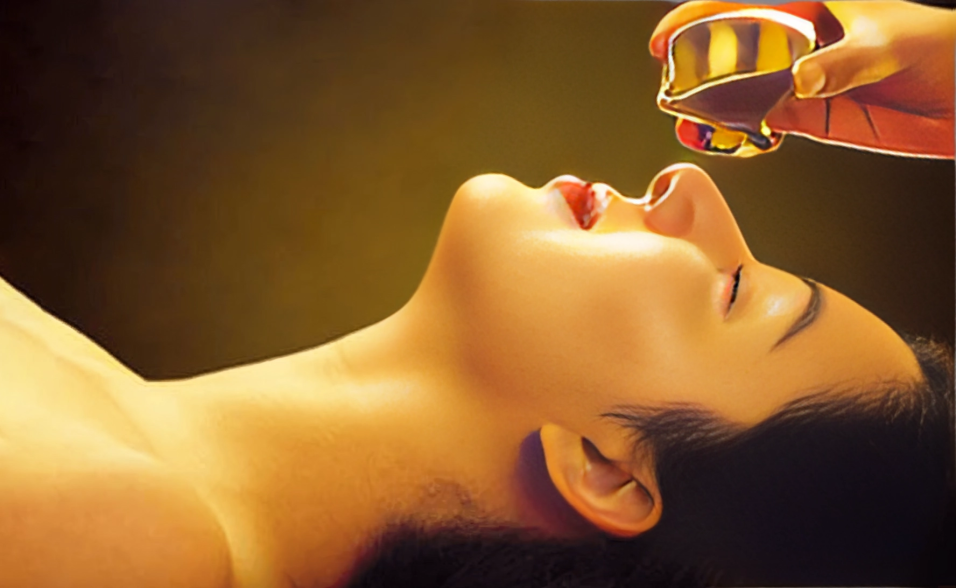
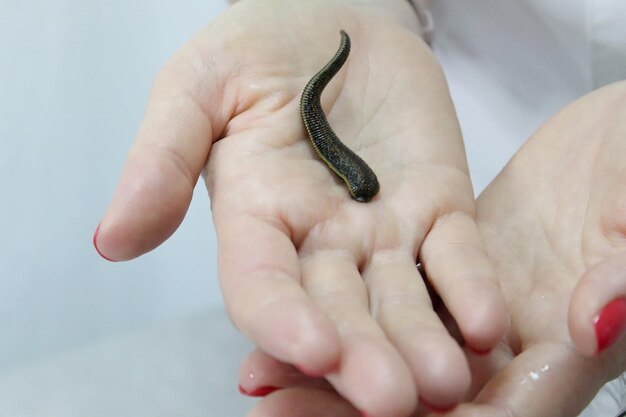
Pashchat Karma (Post-Treatment Procedures)
After the main detoxification, the body requires proper care to restore balance and strengthen the digestive system. Pashchat Karma includes:
- Dietary Regimen (Sansarjana Krama): A special diet is followed to gradually reintroduce regular food and restore digestive fire (Agni). This usually starts with light, easily digestible foods like rice gruel and gradually moves to more solid foods.
- Lifestyle Adjustments: Recommendations on lifestyle changes to maintain the effects of Panchakarma, including practices like yoga, meditation, and adhering to daily and seasonal routines (Dinacharya and Ritucharya).
-Rejuvenation Therapies (Rasayana): After cleansing, rejuvenative treatments and medicines are administered to replenish and strengthen the body, boost immunity, and slow the aging process.
Importance of Panchakarma in Recent Times
In today’s fast-paced world, Panchakarma has gained renewed importance due to increasing environmental pollution, unhealthy dietary habits, and stressful lifestyles. Here’s how Panchakarma is particularly relevant:
Modern life exposes us to a myriad of environmental toxins—pesticides, heavy metals, and pollutants. Panchakarma offers a natural way to eliminate these toxins from the body, thus reducing the toxic load and preventing chronic diseases.
Conditions like obesity, diabetes, hypertension, and digestive issues are often a result of poor lifestyle choices. Panchakarma addresses the root cause of these conditions by balancing the doshas and improving metabolic processes.
Regular Panchakarma helps in maintaining health and vitality as it balances the doshas, improves digestion, and rejuvenates tissues, leading to a longer, healthier life.
Panchakarma not only detoxifies but also rejuvenates the body, thus enhancing the immune system’s ability to fight off diseases, which is especially crucial in times of global health crises.
Booking online
Fill out this form for booking online.
Unlock the healing power of nature with Nehru Ayurveda. Our treatments harness the potency of natural herbs and traditional Ayurvedic practices to enhance your health and vitality.
Call us
8500046667 / 8500766667
Real organic herbal
At Nehru Ayurveda, we use only the finest organic herbs in our treatments. Our commitment to quality ensures that you receive the purest and most effective natural remedies.
Professional Therapist
Our team of professional therapists at Nehru Ayurveda is dedicated to providing you with exceptional care. With extensive training and expertise in Ayurvedic practices.
